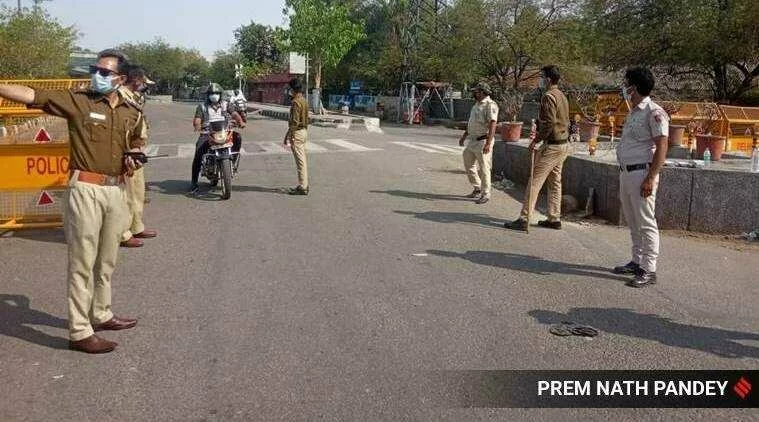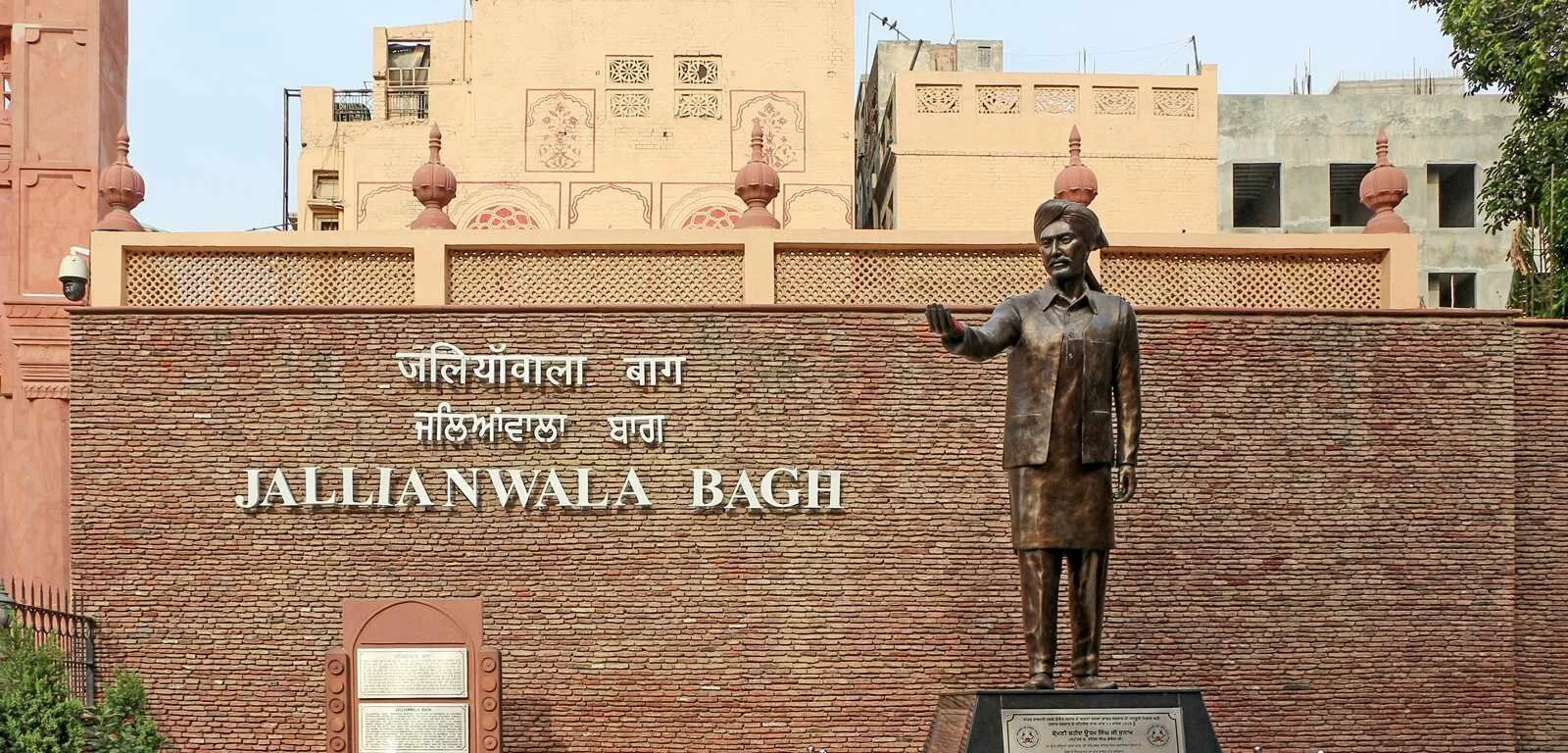
Lockdowns do not eliminate virus, livelihoods imperative to save lives: The Lancet
- 2020-05-05 16:19
- By indianexpress.com
(Representational)A one-size-fits-all approach to the coronaviruspandemic is likely to increase inequalities in the long term, so countries with less resources must let people get on with their lives — to work, earn money and put food on the table – researchers from the Harvard School of Public Health and Harvard Medical School said in The Lancet on Tuesday. Dr. Vikram Patel, the Pershing Square Professor of Global Health at Harvard Medical School and Richard Cash from the Harvard T Chan School of Public Health, in their perspective on ‘The art of medicine-Has COVID-19 subverted global health?’, urged countries with less resources to allow the average citizen to travel freely with restrictions only applied to clusters where lockdowns are necessary. Dr. Patel told The Indian Express that it has been repeatedly stressed that the primary objective of a lockdown is to delay and reduce the spike of severely affected persons, allowing time for the health system to prepare for future waves and caring for the sick. So, the question for India is how well has the country used the five weeks of opportunity to put into place the essential components of a long term strategy to manage the epidemic, including future waves, essentially a clearly defined and nationally implemented testing strategy, a community based strategy for case finding, contact tracing and quarantining and a district level strategy for intensive care support with adequate protective equipment for health care workers,” Dr. Patel said. Twinned with lockdowns to achieve physical distancing is the promotion of wide-scale COVID-19 testing that relies on expensive kits and an emphasis on intensive-care units and ventilator capacity. These strategies, which have dominated much of the health-system response in rich countries, are a remote possibility in many low-resource contexts where access to intensive care or anything beyond basic diagnostics is far from universal, the researchers said. Then there is the practical challenge of physical distancing and quarantining in urban slums and rural households where multiple people share a room and toilets cater for many families. Lockdowns have been enforced with an increase in “authoritarian behaviour of police with the poor experiencing brutality and humiliation in countries such as India, Nigeria, Kenya, and South Africa”, researchers said. A focus is needed on what is possible, acceptable, just, and sustainable, researchers have said, adding that a community-based approach is needed that emphasises active case finding (through syndromic diagnosis where laboratory confirmed diagnosis is not available) by community health workers and primary care providers, with contact tracing and home quarantining, especially early in an epidemic, engaging and enabling community resources with due attention to avoiding stigmatisation, and banning mass gatherings, researchers said. Click here to join our channel (@indianexpress) and stay updated with the latest headlines

Nikolay Timoshchuk: The best way to experience a culture is through the local people | Kochi News - Times of India

Never seen anyone extra unbeatable than Novak Djokovic: Former world quantity 4 Todd Martin

Fake ransom seeking email scam found in Indian cyberspace
